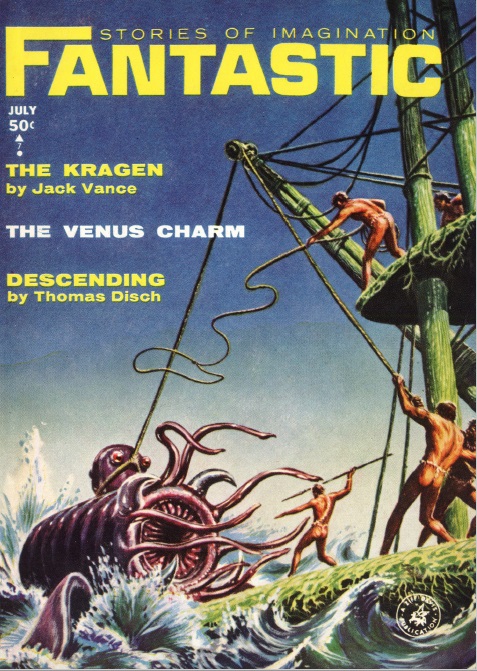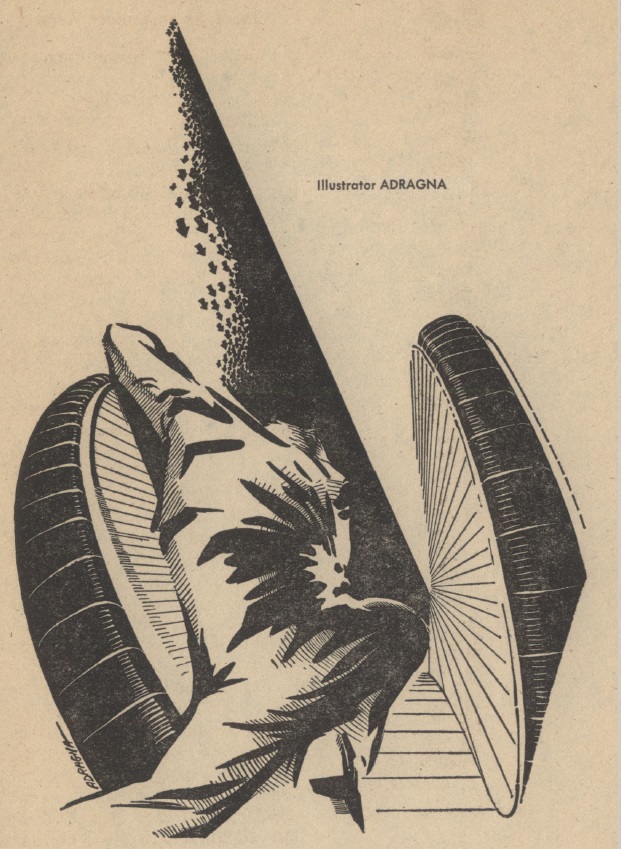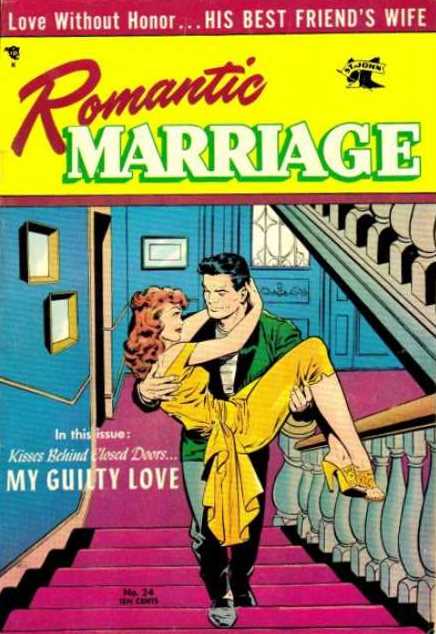
by Victoria Silverwolf
The Four Forbidden Topics
Gathered around the dinner table with the family, or just chatting with friends, it's generally a good idea to avoid controversial subjects. Religion and politics, for example, are likely to lead to unpleasant arguments. Maybe Uncle Fred is a Goldwater buff, and Cousin Sue goes all the way with LBJ. Possibly you've got buddies who belong to different faiths, or none at all. Better to let sleeping dogs lie, and talk about something else.
The topic of money, or economics in general, may not be as controversial, but talking about how much you've got, or what somebody else earns, is generally considered to be in bad taste. As for sex, well, that's usually too personal to discuss, particularly if the kiddies are around.
Maybe it's a sign of the times, or maybe it's the influence of the British New Wave on science fiction, but the lead serial in the latest issue of Worlds of Tomorrow deals with religion, politics, and economics. That leaves sex, which shows up at the end of the magazine, like a tempting dessert.

Cover art by John Pederson, Jr.
Of Godlike Power (Part One of Two), by Mack Reynolds

Illustrations by Jack Gaughan
As indicated in the picture above, this novel takes place in a world of flying cars and other futuristic stuff. More relevant to the plot is the fact that automation results in a majority of folks being unemployed, but enjoying a reasonably comfortable existence in an affluent welfare society.
The protagonist hosts a radio show dealing with flying saucers, reincarnation, and other weird stuff. He's dating the daughter of the tycoon who owns the station, mostly in an attempt to move up to a position in television. Dad, daughter, and the station manager all belong to a right-wing organization dedicated to ferreting out commies and pinkos. (To give you some idea of this group, they think of the John Birch Society as too liberal.)
The manager asks our hero to check out the revival meetings of a preacher whom they suspect of subversion. He's supposed to be on a date with his wealthy girlfriend, so she reluctantly tags along.
The preacher speaks in vaguely religious language of an eccentric sort, frequently making reference to something called the All-Mother. What he really talks about, however, is the world's economic system, condemning wasteful practices such as pointless changes in car design, fads and fashions that come and go, planned obsolescence, and conspicuous consumption.
This is too much for the rich woman, so she heckles him. The preacher loses his temper and rants against makeup, fancy clothing, and elaborate hairdos. The next thing you know, the woman changes her ways, dressing simply and avoiding cosmetics. Not that she agrees with the guy, you understand; it's just that those things make her itch unbearably. Pretty soon the same thing happens to women all over the world, ushering in an era of down home, farm girl fashions.

Crisis in the radio studio!
The preacher winds up on the protagonist's radio show. Things get out of control, so the fellow goes into another tirade, this time against radio and, by extension, television.
The reader is way ahead of the characters by this point, so it's not a big surprise when all broadcasting goes haywire, forcing people to abandon their favorite forms of entertainment. With all those unemployed folks desperate for something to fill their hours, there's a sudden shortage of comic books and magazines. Bars and movie theaters are packed to overflowing. Even the preacher's revival meetings attract huge crowds, just because they have nothing else to do.

Would you buy a used car from this man?
Although not comic in tone, the novel has a strong satiric edge to it. The setting may be some years from now, but the author is really talking about today. The targets of his barbed examination of modern society are overproduction and excess consumption, as well as the seductive power of the electronic media.
The style is very readable, carrying you along as you follow the misadventures of the hapless hero. The preacher's astonishing ability to transform the world may not be particularly plausible, but once you swallow the premise the way it plays out is enjoyable.
Reynolds likes to play games with politics, and perform thought experiments with different economic systems, so I predict the second half of the novel will portray a new society, possibly a utopian one. We'll see if I'm right a couple of months from now.
Four stars.
Coming Out Party, by Robert Lory

Illustration by Norman Nodel
This brief tale begins with a young woman getting ready for the event mentioned in the title. Our first hint that something strange is going on is the fact that she's stark naked in front of her parents. The ceremony is also full of nude women. (Sorry, ladies, all the erotic content of this issue is obviously aimed at a male audience.)
I dare not say anything else about what happens, except to mention that the shock ending is an effective one. This is one of those stories that depends entirely on the twist in its tail. It succeeds at the modest goal it sets for itself.
Three stars.
The Shape of Us to Come, by Michael Girsdansky
Let's take a break from controversial topics of discussion and learn something about the way people might alter their bodies in the future. The author considers the fact that viruses inject their genetic information into the cells of other organisms, using the biological machinery of their hosts to reproduce themselves. The article speculates about the possibility of harnessing this ability to alter the genetics of humans in desirable ways.
Using this technique to treat diseases such as cancer seems reasonably plausible. The suggestion that the body might be changed in radical ways, to ensure survival on alien worlds, is a little less so. In any case, it's an interesting subject, and I learned something about viruses.
Three stars.
World of the Spectrum, by Emil Petaja

Illustrations by John Giunta
Take a look at that picture. We've got a muscular hero with a bladed weapon and a big, ugly monster. Am I reading the wrong magazine? Is this a sword-and-sorcery yarn, rescued from the yellowing pages of Weird Tales?
That's what it seems like at first, but we soon find out that this world of mighty barbarians fighting bizarre creatures exists for the amusement of the upper class on Earth, who vicariously experience the thrill of battle through a kind of telepathic sensory television.
The hero is in mental communication with a woman he thinks of as a princess in a castle located at the top of a cliff that nobody can climb. Naturally, he overcomes impossible odds and reaches the place, only to discover that things are not what they seem.

Don't look down!
The woman is actually a member of the upper class, who secretly belongs to a group of folks working to overthrow their repressive society. She uses a teleportation device to bring the man to Earth, teaching him about the place and enlisting him in her struggle. After many adventures, she confronts the ruler of the world, who turns out to be truly grotesque.

The heroine is shocked by what she sees.
Despite the science fiction explanation for everything, the story feels more like a fantasy adventure. The ruler of Earth might as well be another hideous monster for the hero to destroy. At first, the woman seems to be nothing more than a sexually provocative nitwit, but this is only a role she plays in order to further her plans. The main flaw is the need for a lot of expository dialogue to explain the complex background, with people telling each other things they should already know.
Three stars.
Lunar Weapons Tomorrow, by Joseph Wesley
Before we move on to sex, let's talk about something much less shocking, like war. (There's something wrong with that sentence, but I'll think about it later.)
The author starts this piece about military use of the Moon by dismissing the idea that it could be used to launch missiles at an enemy on Earth. He points out that this method is more difficult, more expensive, less effective, and less defensible than other ways of destroying the planet. Somehow I'm not reassured.
He goes on to imagine lunar military installations, assuming that these will be common in about twenty years or so. His prediction is that these will engage in a kind of lukewarm war, neither one completely destroying the other lest it be wiped out as well. Instead, the opposing forces make relatively minor forays against each other, fighting for territory in a futuristic version of the trench warfare of World War One.
The dry and rather frightening subject of this article is made more readable through the use of a fictional soldier on the Moon. We follow him as he watches for an enemy advance, and even engages in hand-to-hand combat, of a sort, in a spacesuit.
Three stars.
A Glass of Mars, by Robert F. Young

Illustrations by Gray Morrow
The version of the Red Planet depicted in this story is closer to the imaginings of Ray Bradbury than what most scientists believe. Maybe the Mariner 4 spacecraft, now on its way to Mars, will tell us who's right. Anyway, the plot takes place at least a full generation after people colonized the planet, building on the ancient ruins of the long-vanished Martians.
The main character is a new arrival, with romantic ideas about the distant past. In sharp contrast, his secretary, born on Mars, is all about the present. Like other women native to the planet, she is sexually assertive, openly boasting about her measurements, calling herself a sex machine, and offering to sleep with her boss (with the assumption that they will be married soon after.)
While commuting across the surface of Mars, the fellow is miraculously transported to the past. He meets a Martian woman, as delicately beautiful and demure as he imagined.
(In just about all ways except language, the Martian is completely human. We're told, more than once, that she has hyacinth hair. This rather obscure metaphor is taken from Edgar Allan Poe's ode To Helen, and it's not much clearer in the original. The allusion seems designed to suggest the man's dreamy vision of the ancient Martian woman, as romantic as Poe's poem.)

The ancient Martian and the modern human. Gentlemen, which one would you pick?
Without giving too much away, let's just say that the man's assumptions aren't completely accurate. I expected this to be a simple fable about the superiority of the past over the vulgarity of the present, but it's a little more complex than that. The author, no stranger to sentimental love stories and idealization of women, almost seems to be chiding himself for his romantic tendencies. The plot is pure fantasy, of course, but if you can get past that, it's worth a look.
Three stars.
Shall We Talk About It?
Overall, this was a pretty decent issue. Nothing was less than average, and the serialized novel was a high point. Maybe I'm just in a good mood. In any case, I would caution you to make sure that you discuss the themes raised in the magazine only under the right circumstances. Remember what Mom told you!

She didn't mention money or sex. Two out of four ain't bad.

![[May 14, 1965] Keep A Civil Tongue In Your Head (July 1965 <i>Worlds of Tomorrow</i>)](https://galacticjourney.org/wp-content/uploads/2020/05/Worlds_of_Tomorrow_v03n02_1965-07_0000-2-672x318.jpg)

![[May 12, 1965] Da Capo (June 1965 <i>Amazing</i>)](https://galacticjourney.org/wp-content/uploads/2020/05/amz-0665-cover-391x372.png)


![[April 22, 1965] Cracker Jack issue (May 1965 <i>Fantasy and Science Fiction</i>)](https://galacticjourney.org/wp-content/uploads/2020/04/650422cover-575x372.jpg)






![[January 18, 1965] Doors also open (February 1965 <i>Fantasy and Science Fiction</i>)](https://galacticjourney.org/wp-content/uploads/2020/01/650118cover-672x372.jpg)




![[December 23, 1964] Odds and Ends (January 1965 <i>Fantastic</i>)](https://galacticjourney.org/wp-content/uploads/2019/12/Fantastic_v14n01_1965-01_0000-2-672x372.jpg)








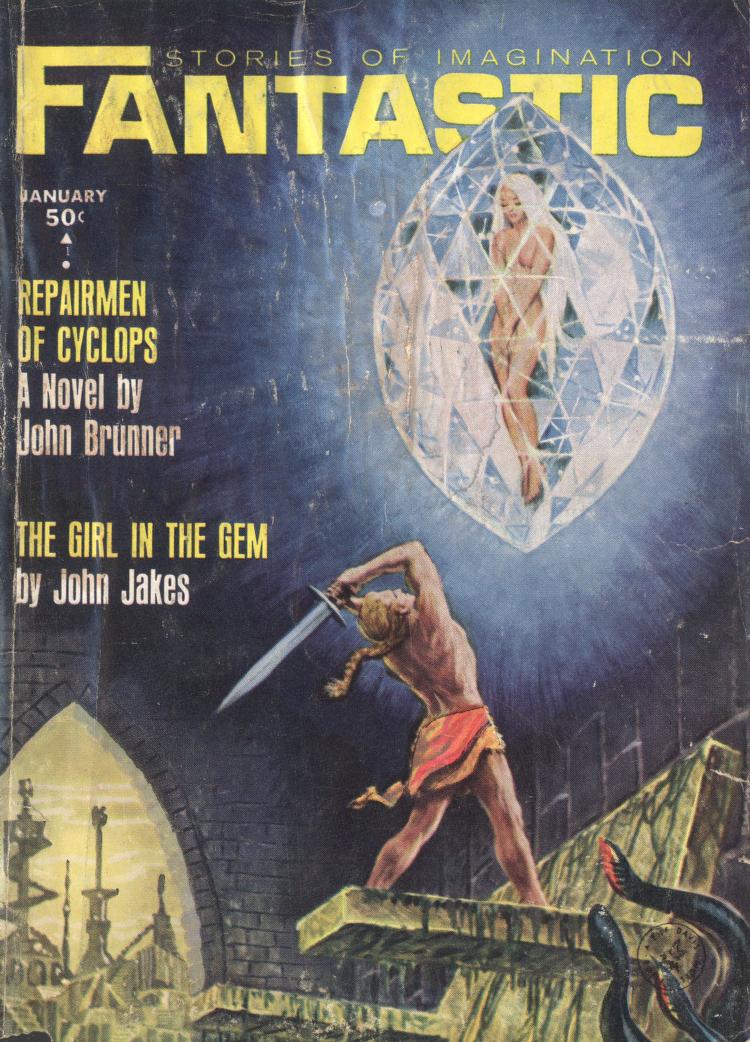

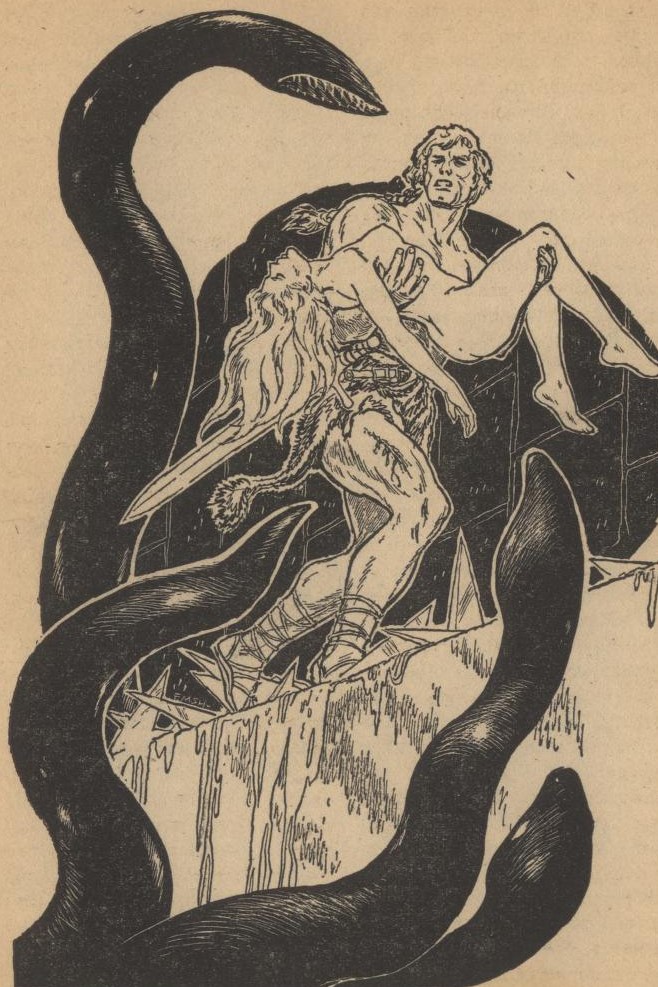

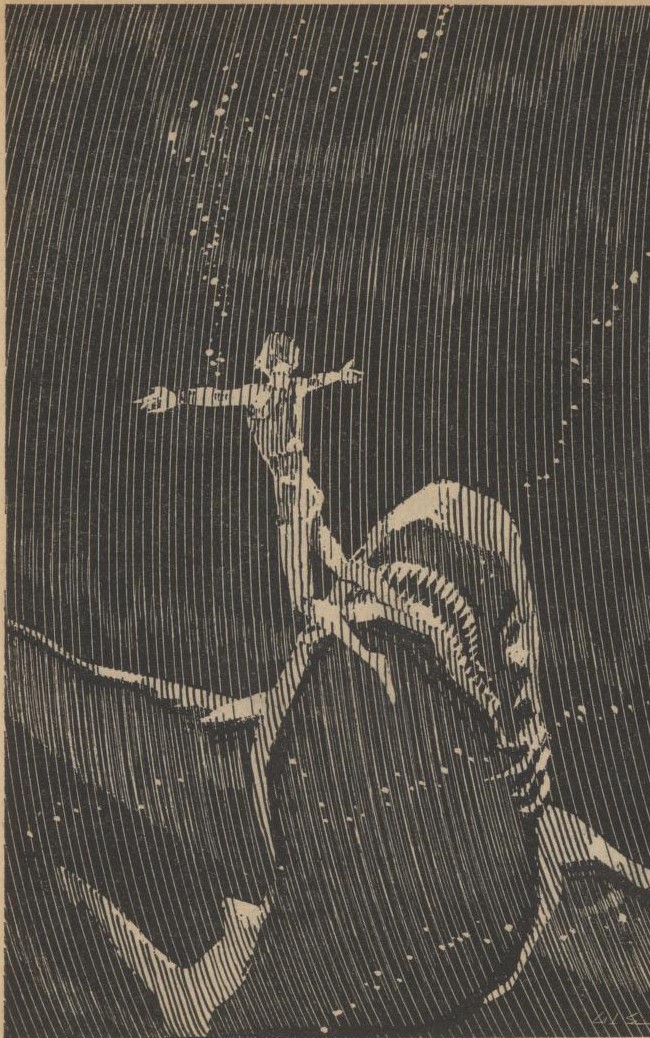

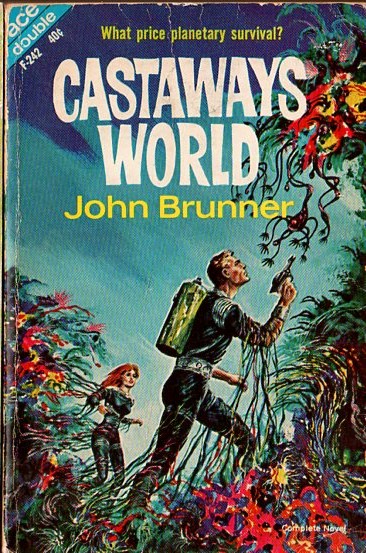



![[November 11, 1964] Unloading (December 1964 <i>Amazing</i>)](https://galacticjourney.org/wp-content/uploads/2019/11/amazing-6412-cover-493x372.png)

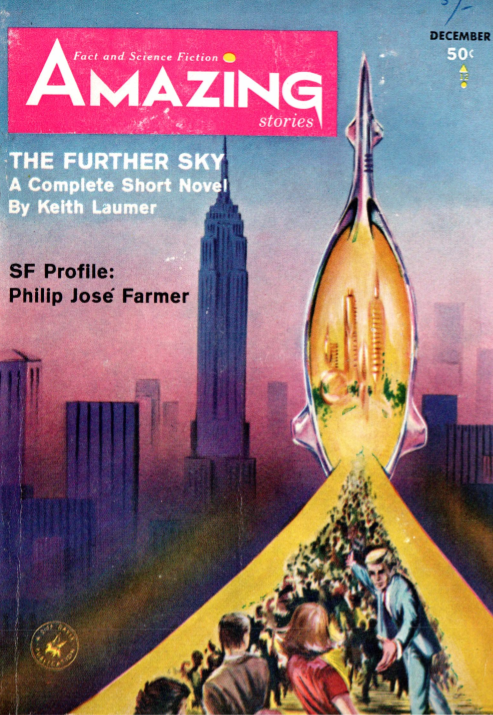
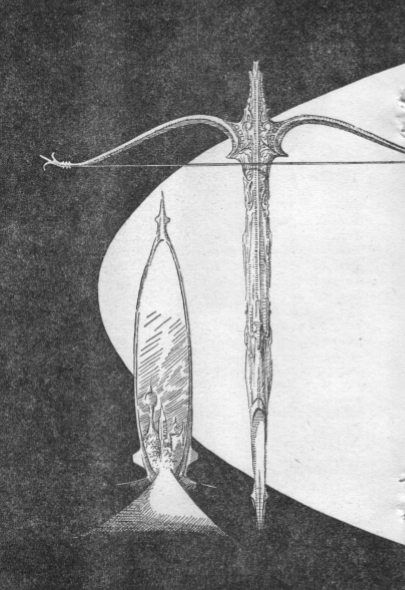
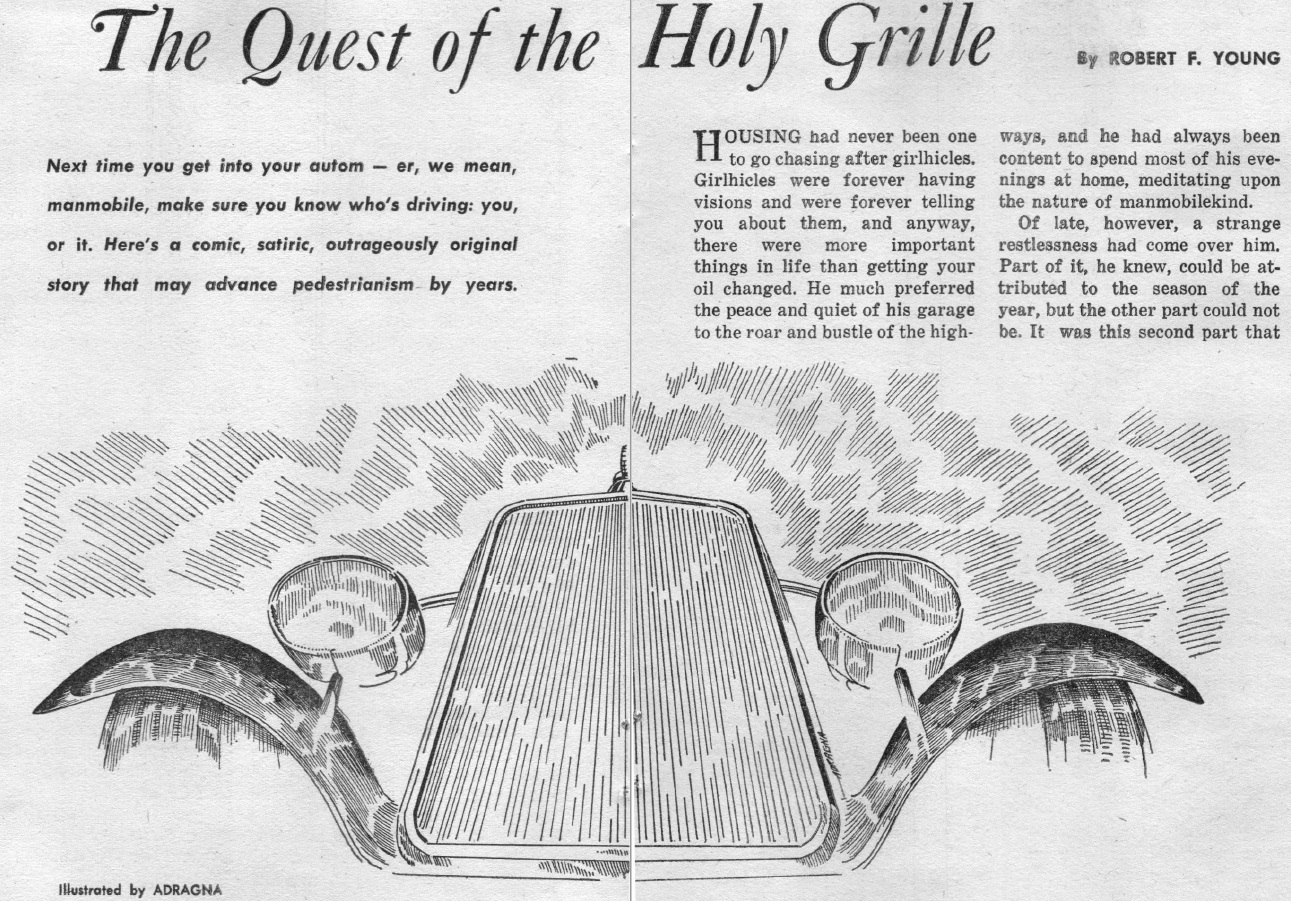


![[November 7, 1964] Landslides and Damp Squibs (December 1964 <i>IF</i>)](https://galacticjourney.org/wp-content/uploads/2019/11/641107cover-672x372.jpg)








![[September 22, 1964] Fall back! (October 1964 <i>Fantasy and Science Fiction</i>)](https://galacticjourney.org/wp-content/uploads/2019/09/640922cover-672x372.jpg)





![[July 14, 1964] TO THE MOON, ALICE (the August 1964 <i>Amazing</i>)](https://galacticjourney.org/wp-content/uploads/2019/07/640714cover-659x372.jpg)









![[June 22, 1964] The Bridal Path (July 1964 <i>Fantastic</i>)](https://galacticjourney.org/wp-content/uploads/2019/06/640622cover-477x372.jpg)


